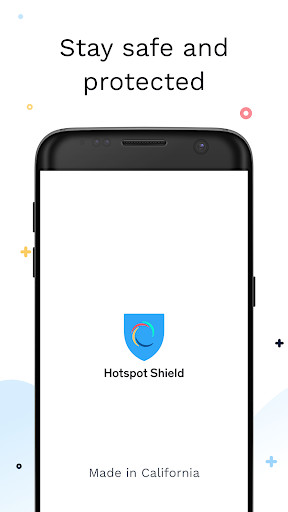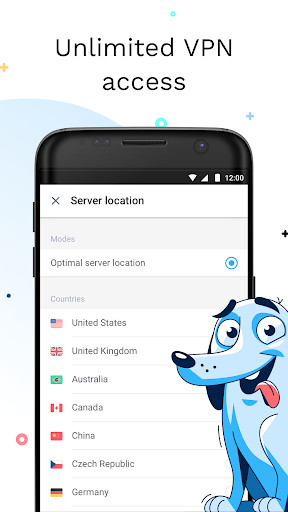

It is also important to note that some countries and mobile companies may consider rooting illegal.

If you don’t have an advanced understanding of what you are doing and modify the code by following online guides, you could damage your phone or expose it - and your data - to hackers. Rooting your device removes these restrictions, but they exist for a very good reason - to keep unwanted guests out of your device and prevent you from making irreparable changes that prevent it from working. The restrictions imposed by Android are there for your security. Most Android users shouldn’t root their devices. Furthermore, by rooting your device, you can install software that you normally wouldn’t be able to with “stock” Android. Rooting an Android device allows you to modify the underlying Android software code (which is mostly based on Linux).

To “root” an Android device means to gain privileged access to the core operating system so that you can modify these limitations. What is a rooted device?įor security reasons, Android limits what you can do with the operating system. It’s also worth noting that non-HTTP-based connections will not be routed through the VPN using this method. But again, this requires quite advanced technical skills. Without root, it’s possible to run a proxy server on your Android device that will route HTTP-based connections from devices connected to its hotspot through its VPN tunnel. To do this, you must be a tech-savvy user capable of “rooting” your Android device. While sharing a VPN connection over a hotspot is technically possible, it usually involves modifying the Android operating system. Android prevents your device from sharing a VPN connection Unfortunately, it is not possible on Android to share your VPN connection via a hotspot unless you possess advanced technical knowledge or a rooted device.


 0 kommentar(er)
0 kommentar(er)
